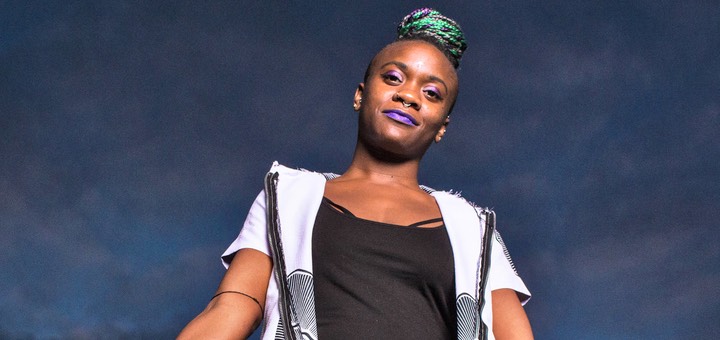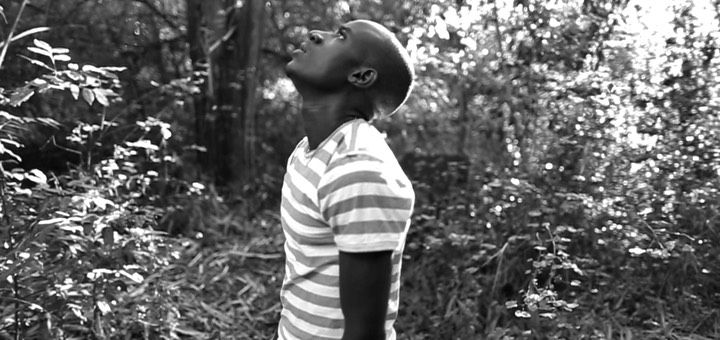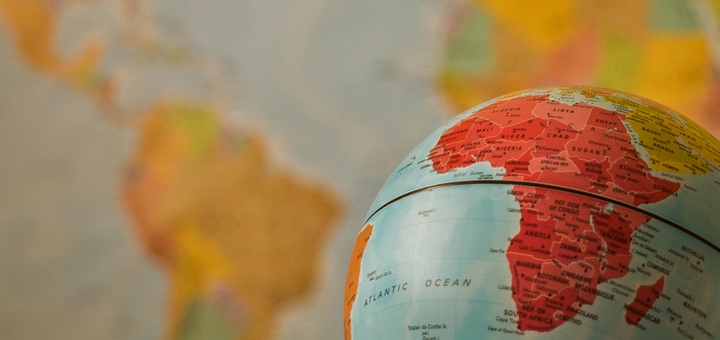Homosexuality in Zimbabwe: A Reality!
The labelling of homosexuality as unAfrican has tended to create the impression that homosexuality was non-existent in precolonial African communities. The label has been widely interpreted in the light of the origins of homosexuality.










